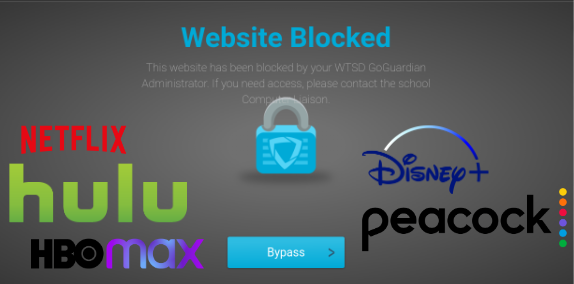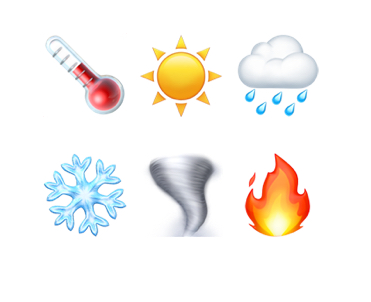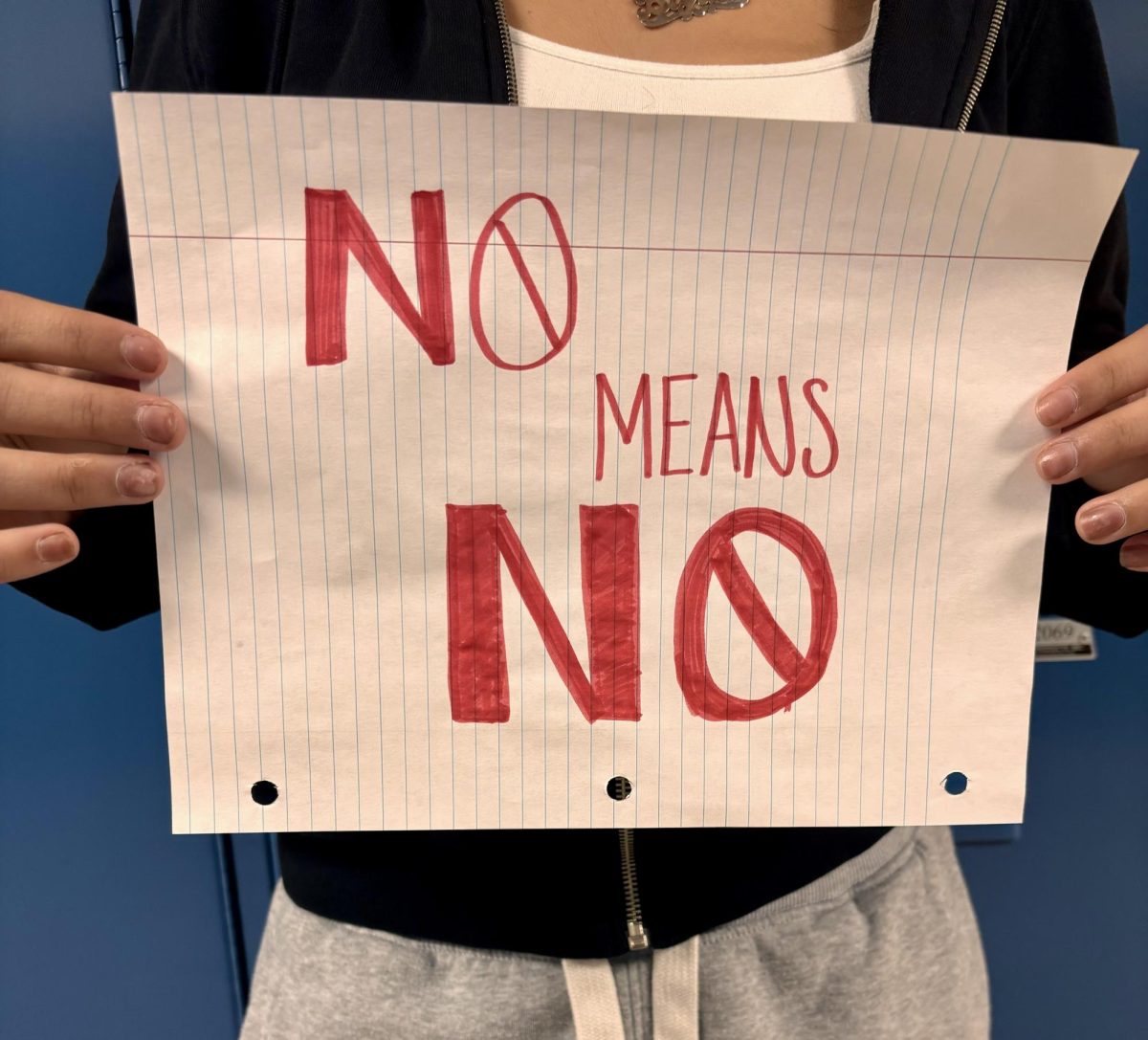
As of October 10, Woodbridge Township School District forbid students from using streaming services like Netflix, Hulu, Disney+, and HBO Max. This new policy was designed in compliance with Children’s Online Privacy Protection Act (COPPA) and FCC’s Children’s Internet Protection Act (CIPA). The district approved Swank Motion Pictures as the approved way to watch movies in class.
Policy change
Streaming services were banned on students’ Chromebook, after returning to school on October 10. Distracted students were one of the leading theories regarding the ban. Perhaps the biggest issue is Woodbridge’s compliance with COPPA and CIPA, meaning every district-owned device banned streaming services. Teachers can no longer use sites like Netflix or Disney+ to broadcast curriculum-related films.
Woodbridge Township School District enacted Swank Motion Pictures as the answer to streaming movies. Swank is a streaming distributor that allows schools to broadcast over 30,000 films and documentaries. Swank costs 415 dollars to use each school year.
Considering it’s the only movie provider schools can use, Swank also has its difficulties. Although Swank provides a wide array of films to stream, teachers may have to fill out a request form if certain movies aren’t on the service. Three teachers from three district-owned schools must affirm if the movie is okay to watch in class.
The request must finally be reviewed by a relevant supervisor before being sent to Paul Postorino, the Assistant Superintendent for the curriculum. Colonia High School teacher, Jason Muldoon explains his concerns, “It has the potential to be good, though can be complicated when there isn’t a movie you want to show to students.”
The law
The Federal Trade Commission states, “COPPA imposes certain requirements on operators of websites or online services directed to children under 13 years of age, and on operators of other websites or online services that have actual knowledge that they are collecting personal information online from a child under 13 years of age.”
Before collecting any personal data operators of commercial websites, online services, and mobile apps are required to get the parent’s attention and permission. COPPA gives parents more control over the data that is gathered on their kids online. This federal law was implemented by the Federal Trade Commission, and was passed by U.S. Congress in 1998 resulting in many court fines.
The regulation defines a child as someone under the age of 13, yet the district blocked these streaming services from students who are 13 and older.
The FCC enacted the Children’s Internet Protection Act in 2000 to “address concerns about children’s access to obscene or harmful content over the Internet.” The Act requires schools and libraries to implement protective measures to “block or filter Internet access to pictures that are: (a) obscene; (b) child pornography; or (c) harmful to minors (for computers that are accessed by minors).”
This policy also requires schools and libraries to monitor the online activities of minors.
Controversy with Swank
There has been major controversy with this subject that stimulates from students not liking this change.
There has been speculation that the school district disagrees with the topic of watching a whole movie during class. Students are now required to watch these films alone rather than in class, from the curriculum changes.
Talking with students on this topic high school Senior Arsal, brought up reasonable points when talking about this topic, “I feel irritated about this news…the school feels they should make us watch a whole movie during an already busy schedule after school. High school students’ sleep schedules are going to get worst, and if they have questions about what is going on in the movie it cannot be answered now.”
Another disagreement with schools blocking students streaming services is not being able to use the school-provided device to its capability. Everything is blocked now, so you can’t even think about using the school device now. Giving students access to additional websites may help them develop their independence and responsibility.












